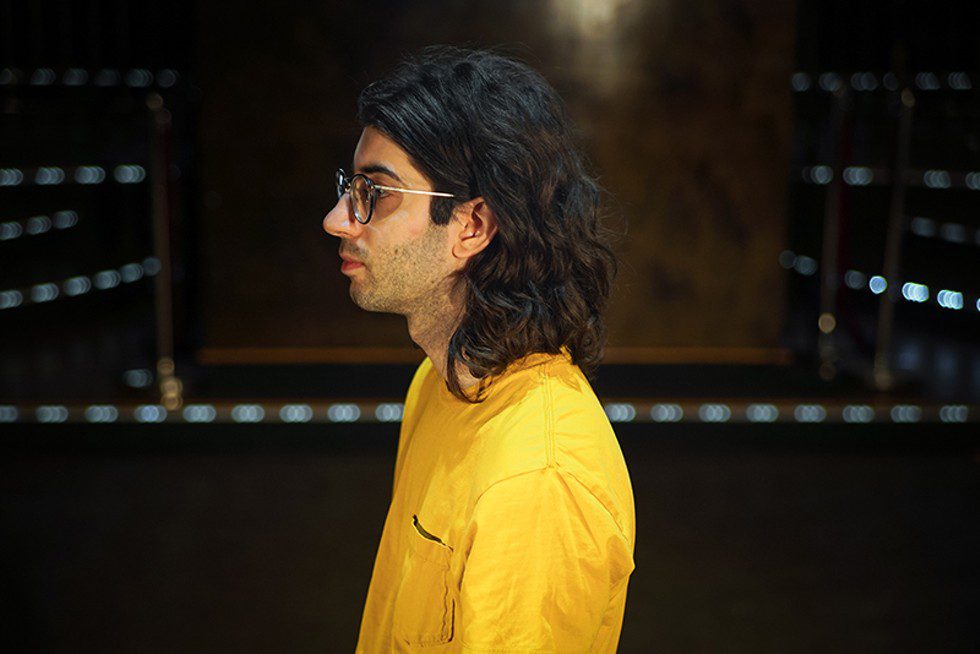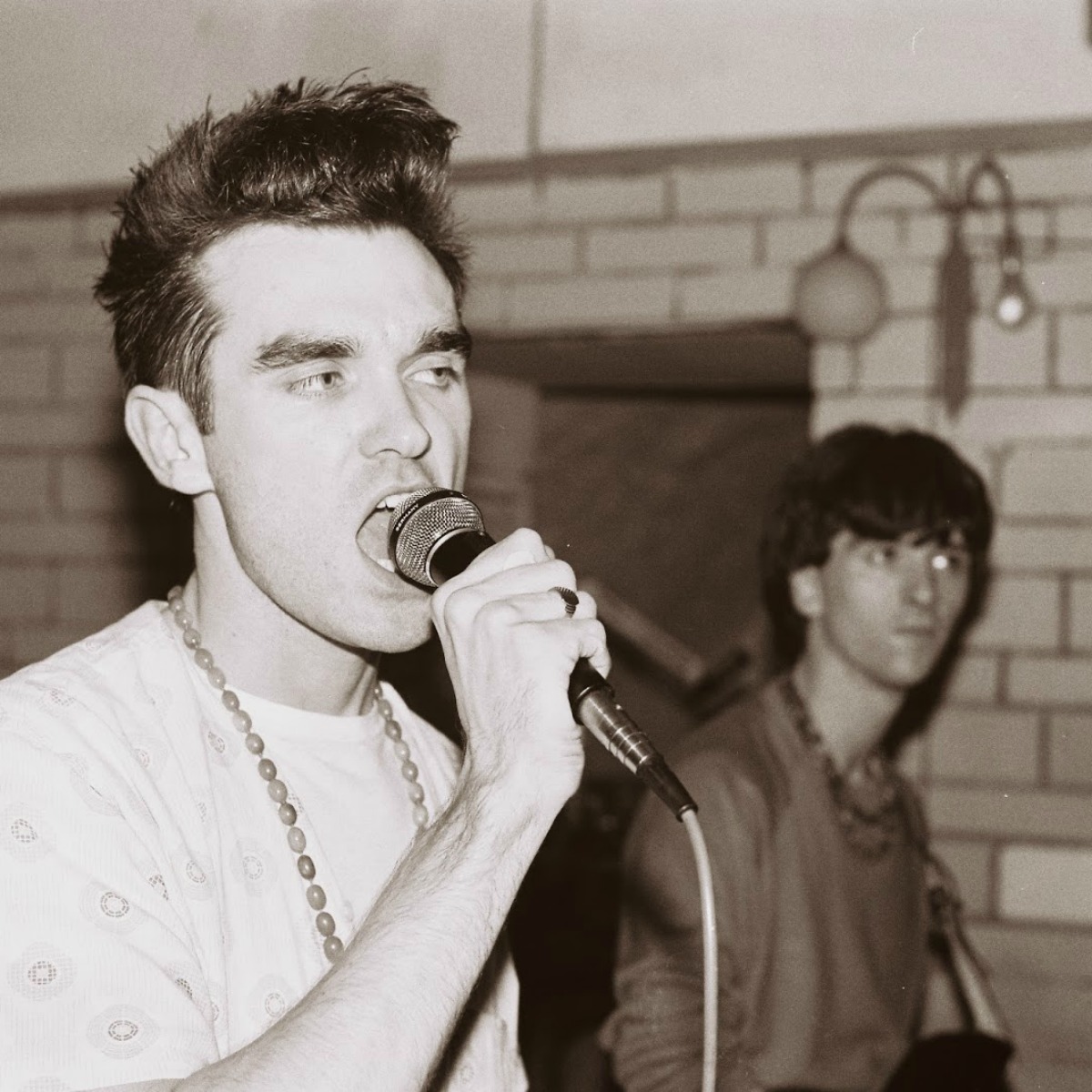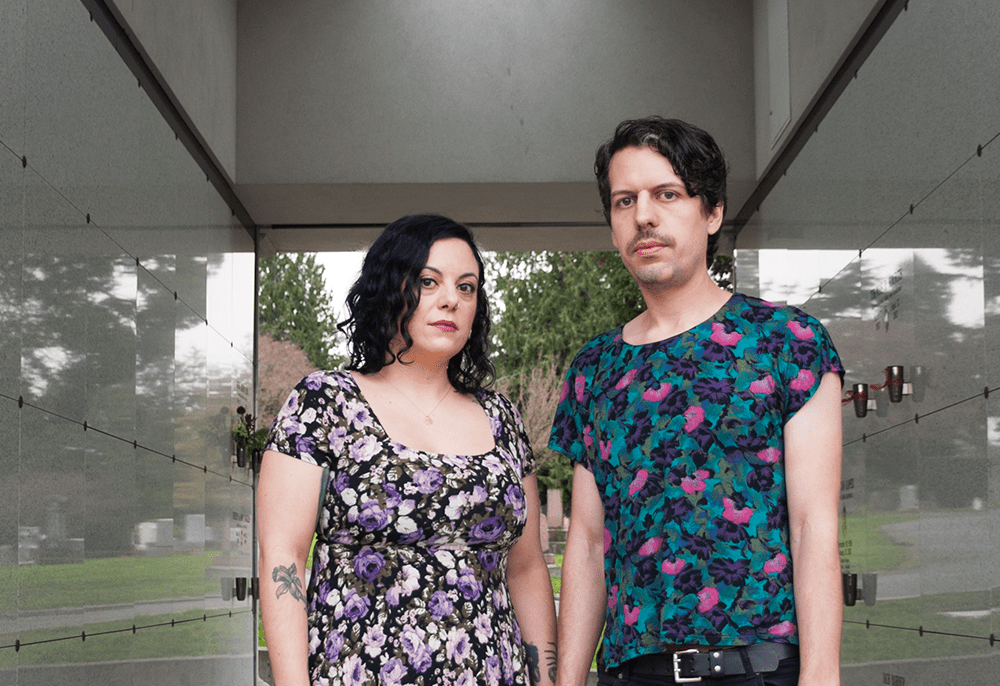
[fusion_builder_container hundred_percent=”yes” overflow=”visible”][fusion_builder_row][fusion_builder_column type=”1_1″ background_position=”left top” background_color=”” border_size=”” border_color=”” border_style=”solid” spacing=”yes” background_image=”” background_repeat=”no-repeat” padding=”” margin_top=”0px” margin_bottom=”0px” class=”” id=”” animation_type=”” animation_speed=”0.3″ animation_direction=”left” hide_on_mobile=”no” center_content=”no” min_height=”none”]

Finally, someone has been able to put what it feels like to be a 20-something into words and music without sounding devastatingly hopeless. That person is Detroit songwriter, poet, and musician, Jonathan Franco. In his debut album, Swimming Alone Around the Room, Franco puts his deep anxieties, rare moments of euphoria, and goddamn heart on the table for all of us to pick apart and reassemble into our own realities. Written and recorded over the last five years, the 17-track labor of love is a diaristic journey, oscillating between spacious moments of reflection and dactylic snapshots of feeling, accurately mimicking the ebb and flow of, well, real fucking life.
Experimental, yet accessible, Franco uses an unorthodox orchestra – combining traditional instruments with field recordings and experimental sounds – to portray salient feelings and moments. In the album’s stripped-down instrumental opener, “Apartment Pianos,” Franco melds incandescent synths, low machine hums, bells, and indiscernible field recordings to create a feeling of serenity and peace. It’s as if he’s encouraging listeners to clear their heads before delving into the deep and daunting themes that follow, like someone attempting to get their shit together before entering a sweat lodge.
He fully enlists his collage-like composition style on “Applause,” an exploration of mortality and the passing of time. The song starts off with a solo organ note, bare acoustic guitar, and Franco’s vulnerable opening line, “I lay in the grass in a flyover state / Feeling like I am everything you hoped I wouldn’t be,” sang in a low whisper. It feels like Franco is talking to himself here, reflecting on the past and what has led him to this specific place and time. But the ruminative mood becomes unnerving as Franco recalls seeing the ghost of his grandmother over ethereal synths and radio static; the guitar re-enters along with what sounds like a ticking clock or metronome and stack of papers used for percussion. The tension resolves with a sweet trumpet melody at the song’s finish, and Franco is freed from the weight of time – at least for a moment.
[/fusion_builder_column][fusion_builder_column type=”1_1″ background_position=”left top” background_color=”” border_size=”” border_color=”” border_style=”solid” spacing=”yes” background_image=”” background_repeat=”no-repeat” padding=”” margin_top=”0px” margin_bottom=”0px” class=”” id=”” animation_type=”” animation_speed=”0.3″ animation_direction=”left” hide_on_mobile=”no” center_content=”no” min_height=”none”]

While many of the songs follow this winding, experimental path, Franco also scatters a few straightforward indie-rock tracks throughout the record that reveal considerable influence from bands like Bedhead and The Microphones. Along with alternating between traditional and experimental instruments, Franco occupies different parts of his voice throughout the record. He touches on everything from an apathetic lo-fi drawl in “Wine Lips” to an Elliot Smith-esque falsetto in “Season” and finds a sweet spot in between the two in “18A.”
While Franco adapts a linear storyline into these compositions, he doesn’t sacrifice his poetic lyricism. On rambling stream-of-consciousness tale “18A,” the singer spends north of seven minutes recounting days spent on the same bus and reminiscing about someone he used to love. Throughout the ride, Franco thinks he sees his former partner in various places around town, but he’s not sure. “For my eyes are two weak telescopes and your face is just a crater on the moon / And I hope to see you much more clearly soon,” sings Franco, perfectly encapsulating the disillusionment of estrangement and the longing that comes with it. Although Franco utilizes his talent for metaphor throughout the album, he never comes off as a pompous or melodramatic poet, but more of an old soul who knows exactly what to say.
Add the insurmountable pressure of simply existing to confronting mortality and lost love and you will arrive at the “early adulthood triad.” Franco accomplishes this with “Crashing,” a beautifully unsettling ode to not knowing what the hell you’re doing in life. The song starts out with what sounds like a shower running over a broken transistor radio then shifts to airy vocals and calming acoustic guitar. Throughout the song, Franco’s atmospheric background vocal hovers like a ghost over the lyrics “I don’t know how to keep my world from crashing down.” The phrase is repeated over and over, representing the debilitating paralysis brought on by anxiety.
But, like I said, this record isn’t about hopelessness. It’s about acknowledging and capturing the impermanence of emotions, and that includes the happy ones, too – nostalgia, love, clarity. In “A Topiary,” Franco indulges in replaying messages from loved ones while reminding himself there are still more blissful memories to be made. “I can still call myself young / and it tastes good on my tongue,” sings Franco, atop a collage of bells, knocking, synths, and lo-fi guitar.
At its core, Swimming Alone Around the Room hints that existential dread is sometimes kinda nice. It offers a cathartic safe haven for the uncertain, unconcerned, or over-concerned (so basically, everyone) and an original take on experimental indie music, if confined to any genre at all. Franco’s tendency to shapeshift both instrumentally and vocally elevates the album to a work of art that emulates the human experiences of indecision, change, and growth.
[/fusion_builder_column][/fusion_builder_row][/fusion_builder_container]




